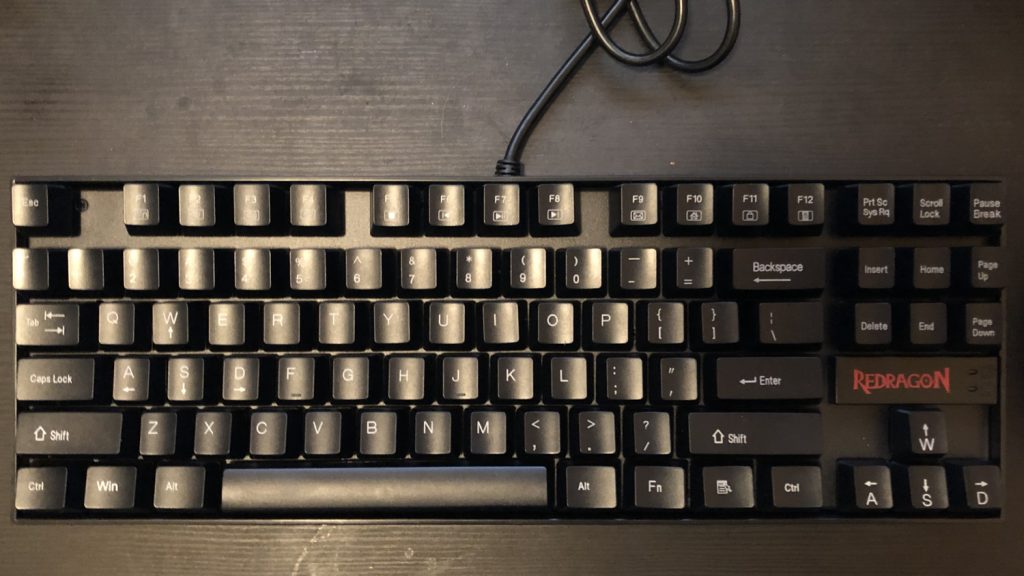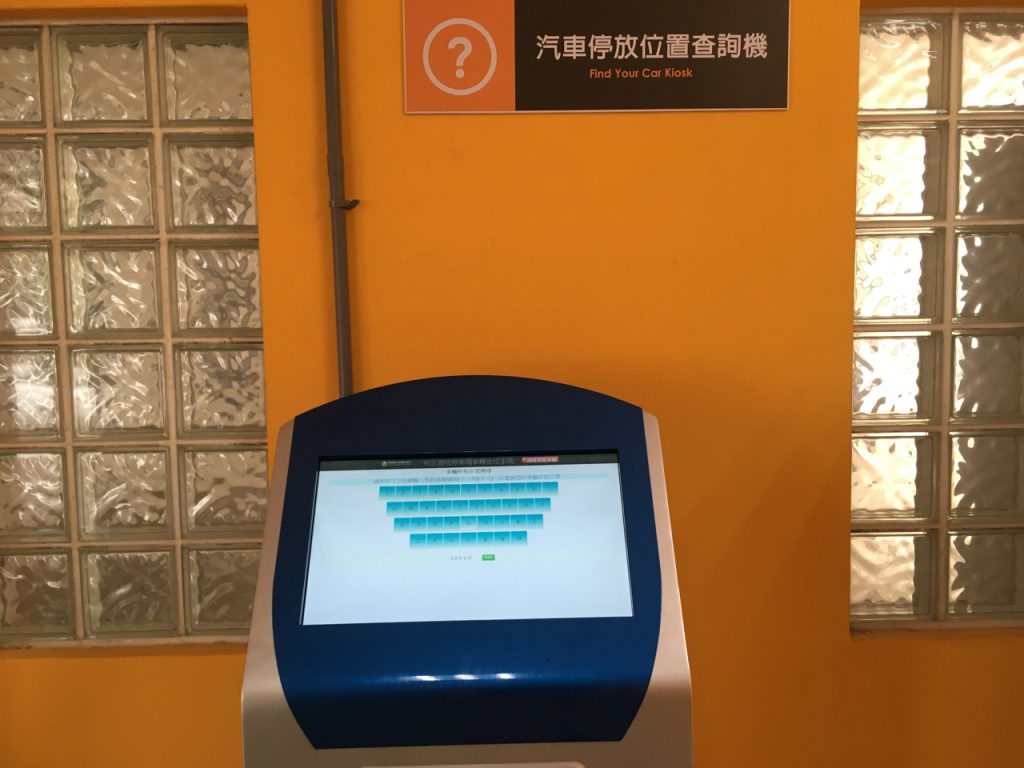When we moved into this old house, I invested in a bunch of low-cost sensors, plugs, and cameras. In part, this was due to being hysterically told, “Crime is rampant in Montague,” and to monitor temperatures and humidity so that when certain thresholds were reached, an action could be performed. It’s also nice to not have to reach around to turn off hard-to-reach power switches for lamps.
I’ve got a mix of HomeKit and Alexa/Blink devices in the home and studio.
Yesterday, for some unknown reason, HomeKit stopped working, and all the lights everywhere were on. I tried some quick fixes, but I refuse to put effort into what is supposed to be a timesaver. That era was supposed to be over a decade or more ago. This morning, it came back, and I discovered the studio was 10˙C.
Also, this morning, the TV turned on itself and started playing Pipi Longstocking Bedtime Stories.
Attempting to turn off the Christmas lights, Alexa said they didn’t exist. I looked on the app, and the name had been changed to 0.
If I attempt to answer the door with our doorbell, the person will likely be back in Charlottetown by the time it connects.
I have each Alexa device we own set to a different voice. The bedroom is Aussie, the living room is British, and the office is indistinct. I am constantly being sold something.
Siri never works, but the American voice I have it set to sounds fun announcing Island place names.
HomeKit routines have a mind of their own. Sometimes they work, sometimes they don’t.
I tried to order a heater through Amazon that would quickly warm up my office in the morning, but it kept arriving in pieces. Homedepot has 4, but their automation doesn’t work either because each time I go there, no one knows where they are.
Instead of writing, I just finished troubleshooting an issue with Supercast, which is supposed to automate paid subscriptions. I spend far too much time acting as their tech support.
I recently subscribed to Spark Email’s Pro plan (or whatever it’s called) to automate email through Ai. They forgot about how important the user interface is, and now I spend more time looking for actions so I can do things with my mail – 2 steps forward, 6 steps back.
Alexa just told me someone is in the driveway; it’s likely a fly or the neighbour’s cat.






